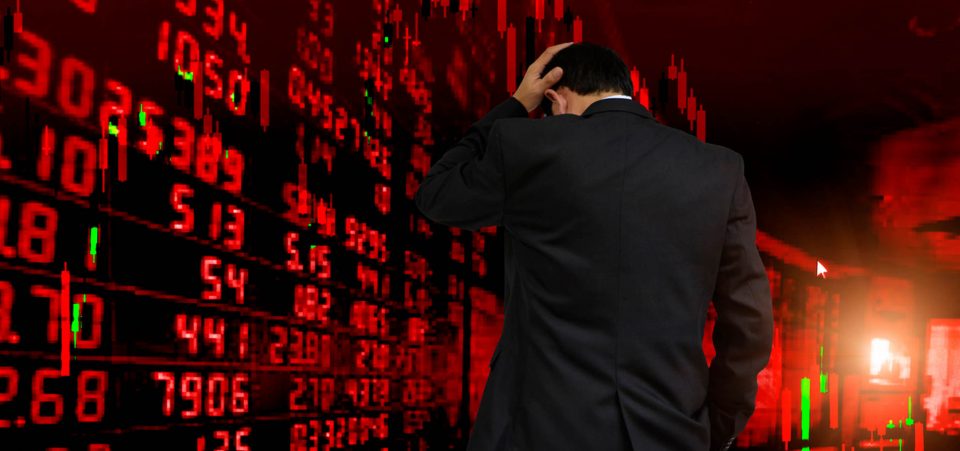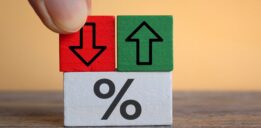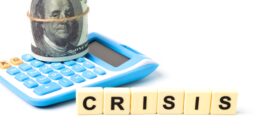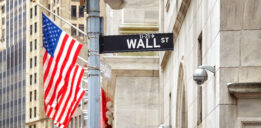Eric Peters Predicts the Stock Market Crash to Be Like an “Avalanche”
The Chief Investment Officer for One River Asset Management has delivered a dire warning. Eric Peters predicts a stock market crash. He doesn’t just expect a market crash, he believes that a literal market apocalypse is coming. Peters once famously observed that investors stop expecting surprises when the market trends higher, or lower, for an extended period.
Investors are not thinking and they are being dragged by momentum. They seem unable to react, but, as is well known, nobody wants to be the first to yell fire in a crowded cinema. But Eric Peters has a clear idea of when the crash, which he called a “market avalanche,” will happen: February 14, 2018. (Source: ““It’ll Be An Avalanche”: Hedge Fund CIO Sets The Day When The Next Crash Begins, Zero Hedge, June 26, 2017.)
Thus, according to Peters, there will be another Saint Valentine’s Day Massacre. Except this time, average investors rather than gangsters will be the victims. Peters’ dire stock market predictions are based on the end of the ultra-accommodating monetary policies era. The One River CIO starts from the Federal Reserve’s latest strategic moves towards monetary tightening.
Also Read:
Stock Market Crash 2017? This Could Trigger a Stock Market Collapse
Warren Buffett Indicator Predicts Stock Market Crash in 2017
The problem might be inevitable, as the era of so-called quantitative easing comes to an end. Investors have built a deep inertia. Few remember what investing was like in a time of higher interest rates. Meanwhile, many analysts on Wall Street have never worked a day in their life with interest rates higher than zero or a few fractions of a point higher.
The result is that investors have become accustomed to banks intervening every time there’s a crisis, easing monetary policy and providing some market relief. But as the Fed remains determined to pursue gradual nominal interest rate hikes, investors no longer feel that sense of reassurance. That is, they don’t expect the Fed to intervene. Thus, they have no idea what will happen next.
This will trigger volatility and eventually panic. But the Federal Reserve is not the only central bank. The European markets have started to perform better in response to improved market and overall economic growth performance. That has triggered the same sentiment of market confidence that has occurred in the United States.
But the European Central Bank will not hesitate much longer. The ECB will also start to raise interest rates, taking investors by surprise. Then the U.K. and Canada will follow; and then Japan and of course, China. Perhaps Japan is the only one that will not, because it has struggled to find ways to boost inflation and cannot afford the risk of moving the yen any higher.
The result is a situation that is setting itself up such that a global market crash is coming. The market avalanche that Eric Peters expects seems unavoidable. The markets, after all, operate on the basis of all too human sentiments. Sentiments are feelings. When investors feel optimistic, the market moves higher. When they feel pessimistic, the markets go down. But pessimism grabs deeper and faster.
We don’t react as fast to good news as we do to fear, which typically stems from not knowing what will happen next. Thus, as central bankers around the world gradually and systemically raise rates, investors will be on edge. Volatility, as measured by the VIX—which has been at some of the highest levels in years recently—will shoot higher.
Investors on Wall Street have been trained like Pavlovian dogs to expect the Fed to react to volatility by lowering rates. This time, the Fed will not budge. Thus, nobody is sure of what happens. More than bad news itself, it is this volatility or fear of the unknown that could trigger economic collapse and the market avalanche.






